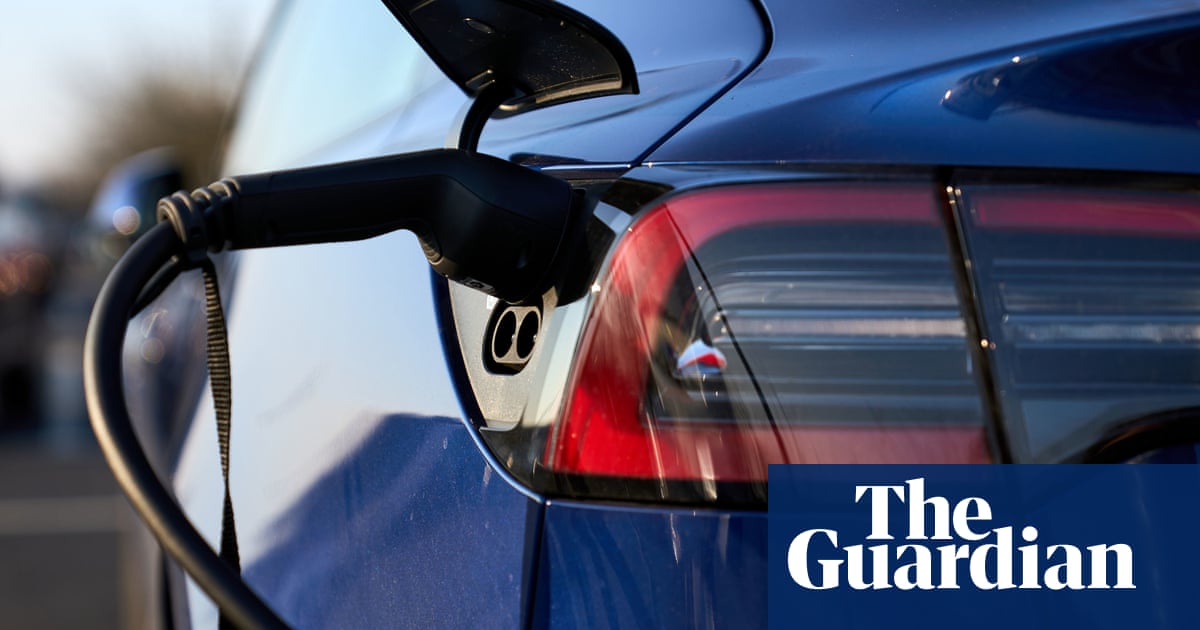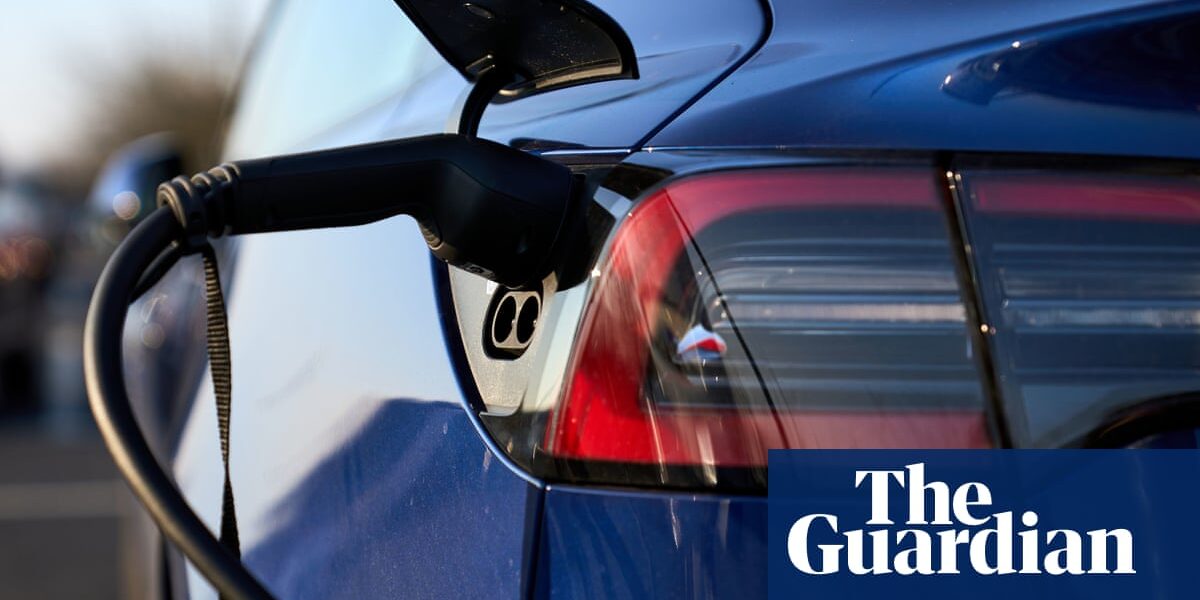The demand for electric cars in the UK has reached a plateau, leading to suggestions for a reduction in VAT.

The UK has seen a nearly 18% increase in the registration of new cars, but there has been no significant growth in demand for electric vehicles. This has led the industry to suggest a reduction in VAT to boost sales.
The Society of Motor Manufacturers and Traders (SMMT) released their annual report on Friday, revealing that 1.9 million new cars were registered in the past year. This is a significant increase from the previous year’s number of 1.6 million and marks the highest level since 2019, when 2.3 million cars were registered.
The rise is a positive development for the car manufacturing sector following the challenges brought on by the pandemic, including disruptions in the supply chain and a shortfall of crucial computer chips that hindered production.
In the span of one year, a total of 315,000 battery electric vehicles were purchased. This number was 50,000 higher compared to the previous year, however, the percentage of these vehicles in relation to total registrations did not increase as anticipated. They only accounted for 16.5% of the total, which was slightly lower than the previous year’s 16.6%.
Despite the government’s aim to completely eliminate petrol, diesel, and hybrid vehicles by 2035, the electric vehicle market has seen lackluster growth. However, this goal was recently modified by Rishi Sunak in September, as the original target of 2030 was scaled back.
The transition is backed by the mandate for zero emissions vehicles (ZEV), which dictates that 22% of all vehicles produced by car manufacturers must be ZEVs by the beginning of next year, and this percentage will increase to 80% by 2030.
The most recent data indicates that the industry is still far from reaching its goal and the transition is slowing down. The SMMT is urging the government to reduce VAT by 50% for all new ZEVs purchased over the next three years. This proposal would result in an average savings of £4,000 per purchase and a total of £7.7 billion in savings for consumers over the three-year period. It is estimated that this plan would also lead to 250,000 additional ZEVs being on the road by 2026.
The SMMT’s chief executive, Mike Hawes, stated: “The UK automotive industry has been presented with a bold transition timeline by the government and they are investing to establish us as a leading producer of electric vehicles.”
It is essential for all drivers to embrace this future, and the UK aims to become the top European market for ZEVs by providing consumer incentives.
The rise in total registrations was primarily due to an increase in registrations for fleet deliveries, primarily utilized in the car leasing industry. This accounted for over 1 million of all cars sold, experiencing a 38.7% growth from the previous year.
In the past year, there were 380,000 hybrid electric vehicles sold, which made up 20% of all newly registered vehicles.
Small hatchbacks like the Ford Fiesta and Vauxhall Corsa, known as superminis, remained the top-selling type of car in the country, accounting for approximately 30% of all new cars.
According to Hawes, reducing VAT on new ZEVs would greatly help boost the sales of electric vehicles. In 2022, the government eliminated its previous financial incentive of up to £1,500 for private electric vehicle buyers.
Hawes expressed that removing consumer support for electric vehicle adoption too soon was a mistake. While initial adopters will purchase an EV regardless, it is the second wave of consumers who may be more hesitant that would benefit from continued support in order to reach a wider market.
“We believe that the reduction in VAT is a suitable form of assistance. It is only valid for a limited time, it is suitable, and it helps both consumers and the government achieve their desired environmental outcomes.”
A representative from the government stated that in order to promote the use of electric vehicles in the UK, they have allocated more than £2 billion to reduce the costs of purchasing them and to develop the needed infrastructure to support their use. This includes funding for local electric vehicle infrastructure, grants for plug-in vehicles, and reduced first year vehicle excise duty.
Source: theguardian.com



